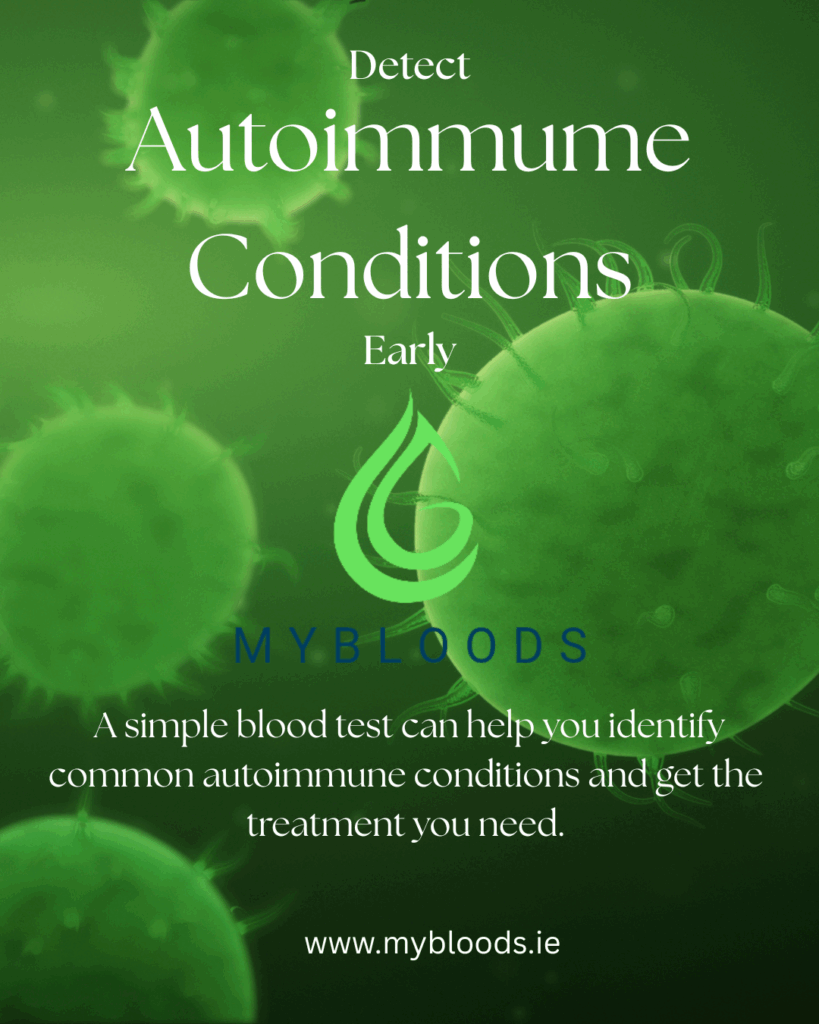
Detect Autoimmune Conditions Early: A Simple Blood Test Can Help
Autoimmune conditions affect millions of people worldwide, often causing debilitating symptoms that disrupt daily life. Early detection is crucial for managing these diseases, and with advancements in medical testing, a simple blood test can now provide the insights you need to take control of your health.
What Are Autoimmune Conditions?
Autoimmune conditions occur when your immune system mistakenly targets your body’s healthy cells instead of harmful invaders like bacteria or viruses. This misdirected attack leads to chronic inflammation, tissue damage, and various symptoms that can significantly affect your quality of life.
Common Symptoms of Autoimmune Diseases
The symptoms of autoimmune conditions can vary widely, but common signs include:
Fatigue: Persistent tiredness that doesn’t improve with rest.
Joint Pain and Swelling: Pain, stiffness, and inflammation in the joints.
Skin Rashes: Unusual rashes, often exacerbated by sunlight.
Digestive Issues: Symptoms like bloating, diarrhea, or abdominal pain.
Unexplained Fever: Chronic low-grade fevers without an apparent cause.
Brain Fog: Difficulty concentrating, memory lapses, or mental fatigue.
Why Is Early Detection Important?
Autoimmune diseases are often progressive, meaning symptoms can worsen over time. Detecting these conditions early through blood tests allows for:
Timely Treatment: Early intervention can help manage symptoms and slow disease progression.
Preventing Complications: Reducing the risk of long-term damage to organs and tissues.
Personalized Care: Tailored treatments and lifestyle adjustments to improve overall well-being.
Common Autoimmune Conditions Detected Through Blood Tests
Blood testing is a powerful tool for identifying autoimmune markers, helping to diagnose conditions such as:
Systemic Lupus Erythematosus (Lupus): Causes inflammation, joint pain, and organ damage.
Rheumatoid Arthritis (RA): A chronic condition leading to joint stiffness and swelling.
Hashimoto’s Thyroiditis: An autoimmune disorder that affects the thyroid gland, causing fatigue, weight changes, and hormonal imbalances.
Sjögren’s Syndrome: Affects glands responsible for producing moisture, leading to dry eyes and mouth.
Celiac Disease: An autoimmune reaction to gluten that impacts the digestive system and beyond.
Key Blood Tests for Autoimmune Conditions
The following tests are commonly used to detect autoimmune activity:
Antinuclear Antibody (ANA) Test: Detects antibodies that attack cell nuclei, common in lupus and other autoimmune diseases.
Rheumatoid Factor (RF): Identify markers for rheumatoid arthritis.
Thyroid Antibody Panel: Includes tests for TPO and TG antibodies to diagnose thyroid-related autoimmune disorders.
Celiac Disease Panel: Screens for antibodies associated with gluten sensitivity.
Inflammatory Markers: Tests like CRP (C-reactive protein) and ESR (erythrocyte sedimentation rate) measure levels of inflammation in the body.
Why Choose Mybloods for Blood Testing?
At Mybloods, we specialize in comprehensive blood tests that provide accurate and timely results to help you understand your health better. Here’s why we’re the best choice:
Convenience: Flexible appointments with no need for a GP referral.
Expert Testing Panels: Designed to detect key autoimmune markers.
Fast Results: Receive your results quickly to start your health journey sooner.
Take Charge of Your Health Today
Living with an autoimmune condition can be challenging, but early detection makes a world of difference. If you’re experiencing unexplained symptoms, don’t wait—schedule your blood test today and get the answers you need to start feeling better.